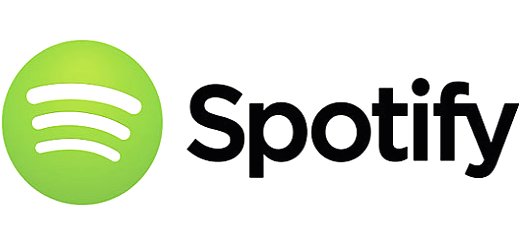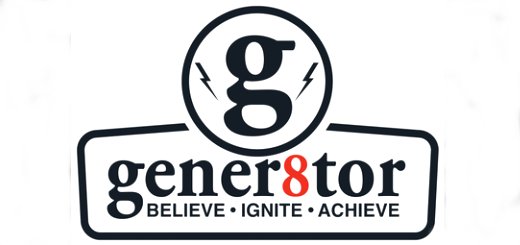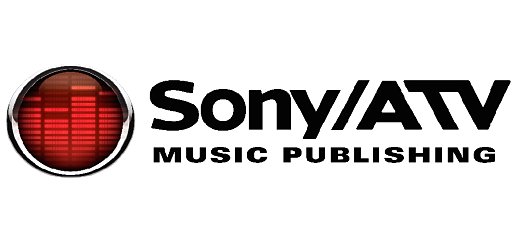The big lockdown will dramatically change the music business

"The current situation is going to dramatically change the music business, as a huge accelerator of user behavior on the digital side" - Denis Ladegaillerie from the big French distribution company Believe wrote in Music Business Worldwide. He added - "we are making the assumption when physical sales return in September, they will return at levels that are 50% lower than they were pre-this crisis... Yet, on the plus side, because of this expected change in user behavior, we are expecting a substantial surge in online digital usage. This could accelerate a physical-to-digital music consumer transition... Believe’s key message to artists and labels today is to try to make the best out of this situation by accelerating your knowledge of the digital business in response to the likelihood that you will be a more digital artist at the end of this".















